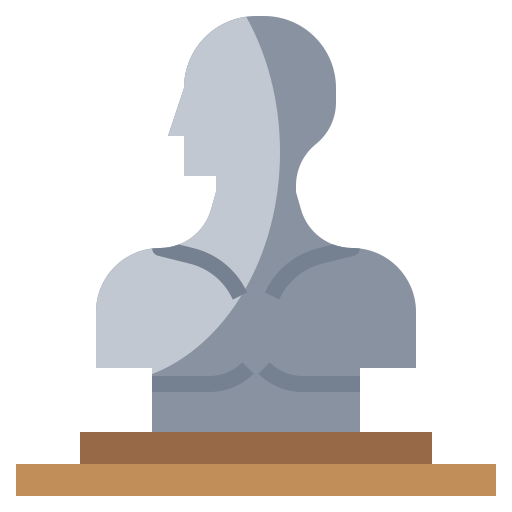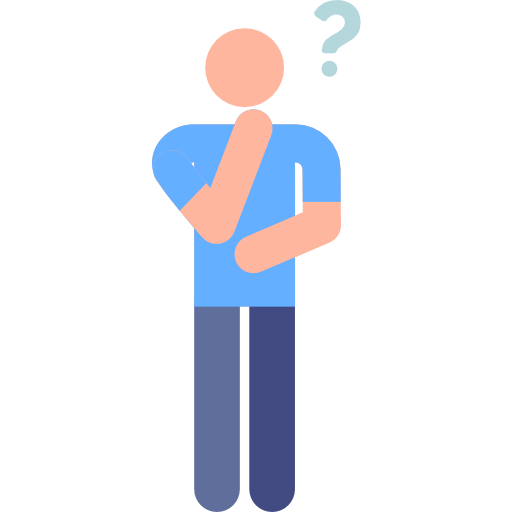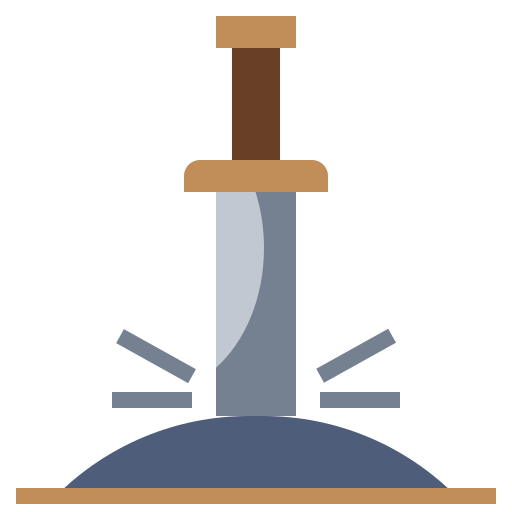PART A_1
Let’s introduce ourselves to each other.
PART A_2
My name is ________________. What is your name?
PART A_3
I am ________________. Nice to meet you.
PART A_4
Nice to meet you too, ________________. What were you doing before our lesson?
PART A_5
PART A_6
I see. Now, let’s begin our lesson!
PART B_1
We will read aloud the words and expressions below. Please repeat after me.
I will check your pronunciation.
I will check your pronunciation.
(Please send the mispronounced words and expressions to your student.)
PART B_2

|
painting
絵画
|

|
sculpture
彫刻
|

|
notice
気が付く
|

|
opinion
意見
|

|
history
歴史
|
PART B_3
Now, let’s review some words from part B_2.
(Please review the mispronounced words and expressions from part B_2.)
PART B_4
PART C_1
We will read aloud the sentences below. I will check your pronunciation and intonation.
(Please send the mispronounced words and expressions to your student.)
PART C_2
| 1. | People should visit museums because it does not only make people happy, but it also inspires people by observing the works of art such as paintings and sculptures. |
| 2. | Museum helps people learn more about history, culture, and arts. |
| 3. | You may see different historical collections in the museum. |
| 4. | I have noticed that people who usually visit museums are students or those who have a great interest in art. |
| 5. | I think some people do not like visiting museums because they do not appreciate and understand art. |
| 6. | In my opinion, museums should be more accessible so many people would be encouraged to visit. |
| 7. | We will learn more about the history and important events. |
| 8. | Although you may see historical items in history books, it feels so much better seeing them in person. |
PART C_3
Now, let’s review some words and expressions from part C_2.
(Please review the mispronounced words and expressions from part C_2.)
PART C_4
PART D_1
Let’s do a role play with the given situations. You should mention the items below during the conversation.
PART D_2
| Situation 1: |
You invited your brother/sister to visit a museum. Please tell him/her why it is important to visit a museum.
(Your tutor will pretend to be your brother/sister.)
|
| Items: |
– reason why people should visit a museum – things people would learn in a museum – best time to visit a museum |
PART D_3
| Situation 2: |
You are going to visit a museum during your school trip. Please tell your classmate about the trip.
(Your tutor will pretend to be your classmate.)
|
| Items: |
– things you can do in the museum – things you can see in the museum – how long will you stay in the museum |
PART D_4
| Situation 3: |
Your friend asks you why some people do not like visiting a museum. Please tell him/her your opinion.
(Your tutor will pretend to be your friend.)
|
| Items: |
– people who usually visit a museum – reason some people do not like visiting a museum – how to encourage more people to visit a museum |
PART D_5
| Situation 4: |
You invited your cousin to visit a historical museum. Please tell him/her about your trip.
(Your tutor will pretend to be your cousin.)
|
| Items: |
– when you will visit a museum – things s/he can learn in a historical museum – reason why you should visit a historical museum |
PART D_6
| Situation 5: |
You are working at a museum. Please show the tourists around by using the picture below.
(Your tutor will pretend to be one of the tourists.)
|
| Items: |

|
PART D_7
Now, let’s review your answers.
(Please review your student’s answers by sending the correct answers in complete sentences. After that, ask your student to read aloud his or her corrected answers.)
PART D_8
PART E_1
Let’s do a free talk.
(Please do a free talk if you have time left.)
PART E_2
Why are museums important?
PART E_3